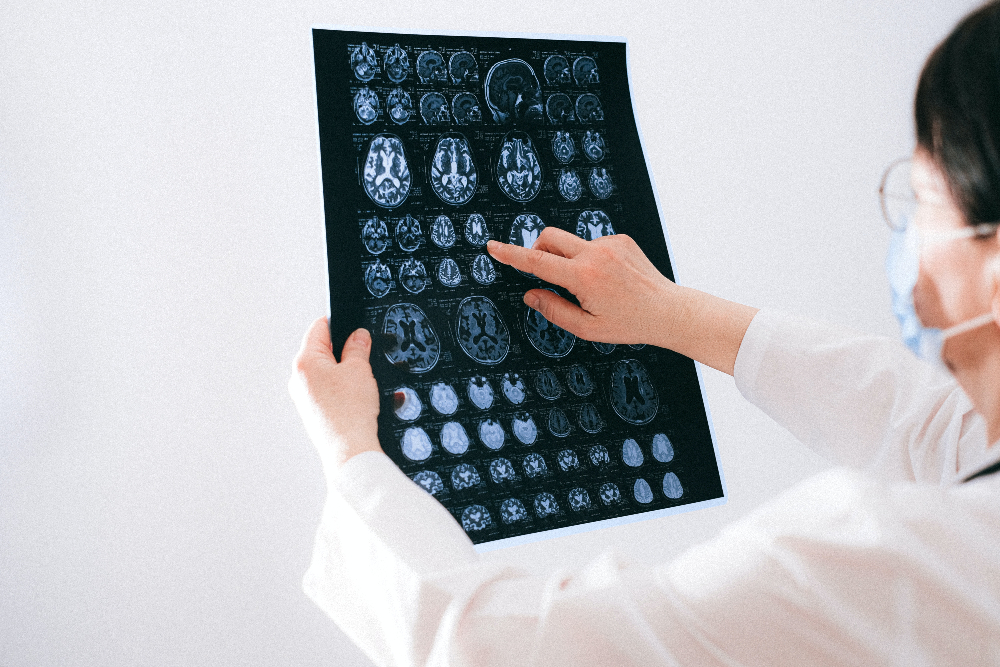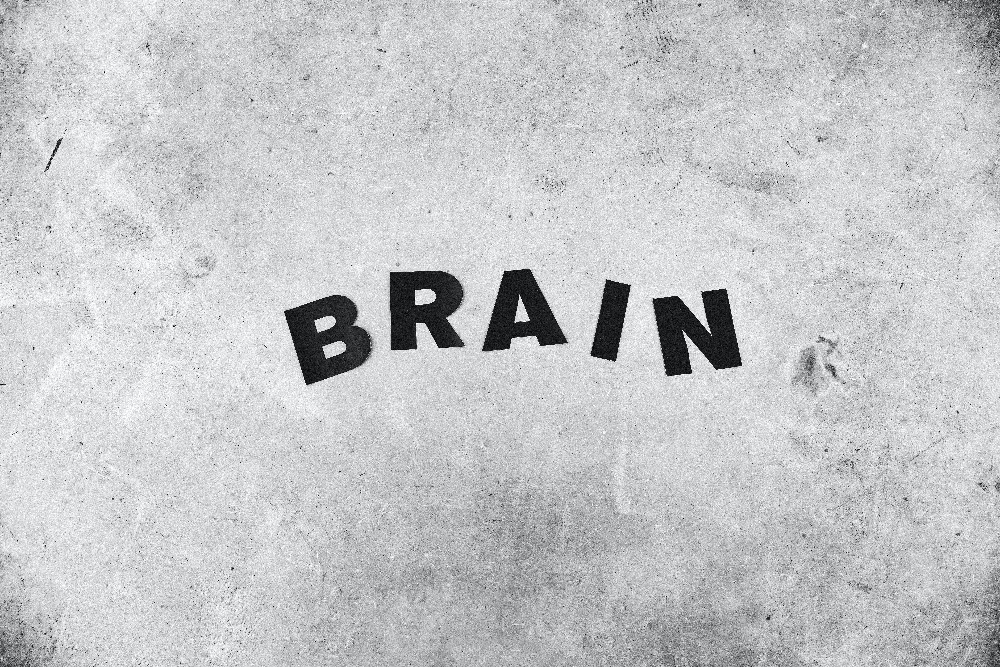Postmortem brains show significant aging post-COVID.
A postmortem analysis of the frontal cortex of 54 COVID-infected but otherwise healthy individuals showed that severe COVID looks like old age. In the first ever research to link COVID-19 with brain aging, researchers concluded that the brains showed evidence of cognitive decline.
Although most people affected by COVID-19 are likely to recover within a month, the virus can leave its mark on the brain and even a mild case of COVID-19 might lead to a decline in health over time. Mayo Clinic has previously described post-COVID-19 syndrome as including symptoms of fatigue, fever, shortness of breath, coughing, difficulty in concentrating, headache, depression, anxiety, joint pain, heart conditions, and more. Many of these symptoms can greatly reduce one’s quality of life. However, the recent study is the first of its kind, examining the area of the brain responsible for cognitive functioning and subsequent decline.
“Ours is the first study to show that COVID-19 is associated with the molecular signatures of brain aging,” explained Maria Mavrikaki, one of the study’s authors. Mavrikaki is an instructor of pathology at BIDMC and Harvard Medical School.

Individuals who had experienced severe COVID-19 were noted to have an average of 10 years of cognitive performance drop. According to the research, severe COVID is defined as respiratory failure, septic shock and/ or multiple organ dysfunction. Because of the seriousness of these symptoms, even as the virus dissipates, the lingering effects on the body are evident.
Of the 54 postmortem frontal cortex regions examined, individual ages ranged from the early twenties to mid-eighties, 21 of these individuals had severe COVID, and these brains were matched in age and sex to uninfected individuals. A single case of an asymptomatic individual and an infected patient with Alzheimer’s was also included in the study. Nine of the individuals had been previously hospitalized or been on ventilator treatment.
Performing an RNA-sequence analysis on the frontal cortex samples of 10 infected young and 10 uninfected older individuals showed a striking similarity between the brains of individuals with long COVID-19 and those of older age. The results in the research showed that “genes upregulated in aging were upregulated in severe COVID-19; likewise, genes downregulated in aging were also downregulated in severe COVID-19.”
Brain tissue of a patient who had died of COVID-19 was found to be similar to an individual 71 years old. The main factor identified behind this aging was the inflammatory effects of the virus on the brain. The team is now working on trying to identify and define other factors.
“Given these findings, we advocate for neurological follow-up of recovered COVID-19 patients,”
said Frank Slack, director of the Institute for RNA Medicine at BIDMC and senior and co-corresponding author to the research.
The novel coronavirus infected the whole world very rapidly, and although it has been controlled globally, the long-term health impacts it has had are still being discovered and assessed. Variants continue to sweep through societies and it’s just as important now as it was in the beginning to remain diligent about hand washing and sanitizing and staying home when one is sick.
Sources:
Severe COVID Looks Scarily Like Old Age in The Human Brain, Study Finds
Severe COVID-19 linked with brain aging
Severe COVID-19 is associated with molecular signatures of aging in the human brain


Join the conversation!